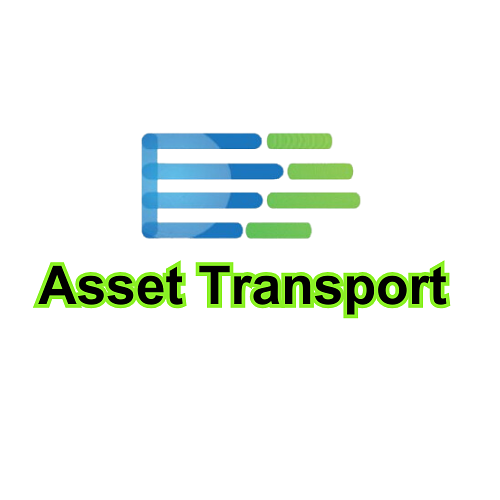Becoming an owner-operator is an empowering journey, granting you the independence to steer your own business. However, this new role comes with challenges, where mistakes can lead to significant financial setbacks. To succeed, you must balance financial management, regulatory compliance, safety practices, and adaptability in a competitive industry. With the right strategies and tools, you can turn potential pitfalls into opportunities for growth.
Build a Strong Foundation for Success
To build a thriving owner-operator business, planning is your first step to overcoming obstacles. These foundational practices will set you on the right path:
1. Obtain Proper Licenses and Permits
Start with essential certifications such as:
○ Motor Carrier Authority (MC Number) and USDOT Number
○ Unified Carrier Registration (UCR)
○ Heavy Vehicle Use Tax (HVUT)
○ International Registration Plan (IRP)
2. Failing to secure these credentials can lead to costly fines and delays in operations.
3. Learn from Mentors
Don't navigate this path alone. Experienced owner-operators can provide valuable insights into challenges and solutions from their own journeys. Seek advice on strategies that worked during their initial years.
4. Develop a Clear Business Plan
Identify your target market, estimate operating costs, and outline goals for growth. A well-thought-out plan is essential to avoid business missteps.
Master Financial Management
Proper financial planning ensures stability during high and low seasons. Here’s how to manage your finances effectively:
1. Create a Budget
Map out your monthly revenue, fixed expenses (e.g., insurance and truck payments), and variable costs (e.g., fuel and maintenance). This transparency helps you allocate funds wisely.
2. Plan for Fluctuations
Anticipate slow business periods and unexpected repairs by maintaining an emergency fund. Aim to save at least 10–20% of your earnings for unforeseen expenses.
3. Pay Yourself Consistently
Avoid the common mistake of reinvesting all earnings back into the business without ensuring personal financial stability.
4. Consult a Financial Advisor
Professional advice can help you optimize tax deductions, identify cost-saving opportunities, and manage debt effectively.
Stay Ahead of Compliance Requirements
Compliance is a cornerstone of operating legally and efficiently. Falling behind on regulations can disrupt your operations:
1. Hours of Service (HOS) Regulations
Use tools like electronic logging devices (ELDs) to ensure you’re adhering to HOS rules, which dictate drive time and required breaks.
2. International Agreements
○ International Fuel Tax Agreement (IFTA): Covers taxes based on miles driven across states or provinces.
○ International Registration Plan (IRP): Ensures proper license fees for all regions of operation.
3. Mandatory Inspections and Records
○ Daily Vehicle Inspection Reports (DVIR): Document safety checks for brakes, tires, and lights.
○ Driver Qualification Files (DQF): Maintain up-to-date medical certifications, road test results, and motor vehicle records.
4. Drug and Alcohol Testing
Ensure compliance with DOT requirements to avoid hefty fines and protect your business reputation.
Invest in Safety and Preventative Maintenance
A comprehensive safety and maintenance plan reduces downtime and boosts productivity.
1. Conduct Routine Inspections
Preventative checks reduce the risk of expensive breakdowns. Allocate 5–10% of your budget to regular truck servicing.
2. Implement Emergency Protocols
Train for unexpected scenarios to ensure safety for yourself, your vehicle, and your cargo.
Leverage Technology for Efficiency
Embrace digital tools to streamline your operations:
● Use apps for fuel price tracking, route optimization, and load scheduling.
● Adopt advanced telematics to monitor truck performance and reduce maintenance costs.
Adapt to Market Cycles
The trucking industry is inherently cyclical. Success lies in your ability to navigate shifts in demand and rates:
● During high-demand periods, focus on maximizing earnings by securing premium loads.
● In slower markets, diversify your offerings, negotiate better rates, and lean on relationships with brokers and shippers.
Partner with Asset Transport for Your Success
Embarking on the owner-operator journey is both exciting and challenging. With careful planning, financial discipline, and a proactive approach to compliance, you can thrive. At Asset Transport, we are dedicated to supporting owner-operators by providing the resources, guidance, and opportunities to succeed.
Join Asset Transport today and take the next step toward building a rewarding and sustainable owner-operator career.

